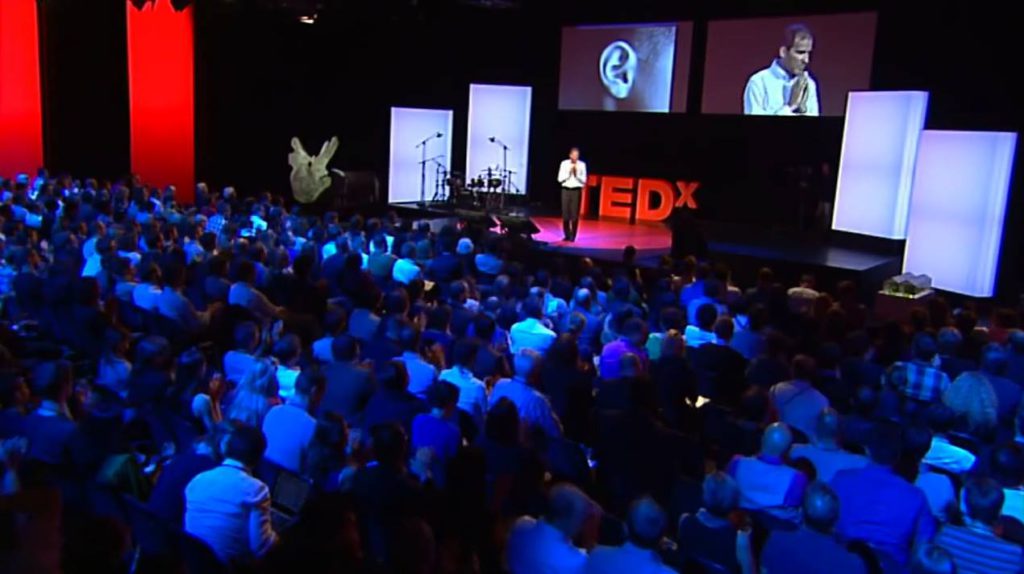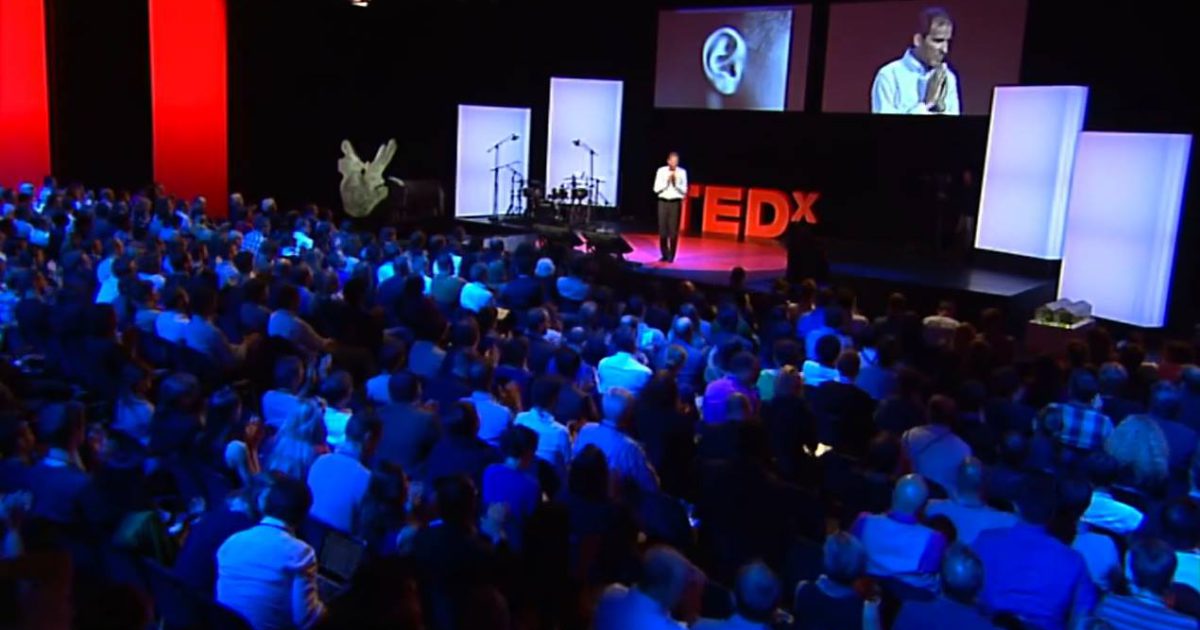Do you want to spend the rest of your life selling sugared water or do you want a chance to change the world? —Steve Jobs to John Sculley (then at Pepsico)
In times of crisis, when so many have lost their lives or jobs, when companies go bankrupt, lose customers or face a world of uncertainty, nobody can afford the unnecessary, even frivolous luxury to think about the future. Our focus must be on survival.
But that would be (forgive the pun) dead wrong. Despite—no, especially because—of the pandemic, we must take time out to envision the future, speculate about business models, and build new strategic frontiers. In an ocean of change, perhaps our only stability is the anchor we set in the future, a multi-year strategic intent that can serve as a stabilizer in conditions of volatility.
Unless you set that anchor, you will be caught in the fangs of business-as-usual: present demands, circumstances and constraints—which are by necessity an extension of the past. You will not be proactive but reactive—a prisoner of yesterday.
The problem, according to research by Heike Bruch and Sumantra Ghoshal1, is that executives on average spend 90% of their time on day-to-day matters, and only 10% on the future.
How much of your day do you spend on maintenance, managing the status quo, and running the business versus creating the business? Particularly in times of crisis, even the best of us are prone to revert back to what worked before. And the hold of the past on our imagination is strong. Take the QWERTY keyboard, which is not exactly the most efficient way of arranging keys on a keyboard; yet for over a century, virtually nobody has questioned the QWERTY standard.
On the other hand, already the Bible warned that “Where there is no vision, people perish.”2 When the psychoanalyst Viktor Frankl was a prisoner in the Auschwitz concentration camp, he saw that people who focused on their survival did not in fact survive. By contrast, those who had a future to live for—even if it was to see their children get married or to publish a book after the war—were able to reframe their current suffering in a future-based context beyond the current situation, and foster the strength to live.
This works in less dramatic contexts too. I call it Futuring.3 One of my basic tenets is that strategists—indeed all managers—must have the courage to create the future from the future, not from the past. You can be informed by the past; you can even respect and honor it, but you must never be enslaved by it.

The Futuring approach can meet with skepticism and pushback, especially in cultures that have been burnt by grand schemes. Take Germany, ever since Hitler’s vision of world domination came to naught: The country’s former chancellor Helmut Schmidt liked to quip that people who need a vision should see an eye doctor.
Our concerns tend to be short-term: this quarter’s stock price, e-mail backlogs or office politics. Even if we put out the occasional fire, we react to circumstances; we live from the past—unless we are struck by a shocking change of destiny, like (in my case) 9/11 or Covid-19.
One man who had such a rude awakening from business-as-usual was Alfred Nobel, who had amassed his fortune mostly through war ammunition. When his brother died, Nobel’s life changed. At breakfast, Nobel read the newspaper—which had confused Alfred with his deceased brother. So he got the rare chance to read his own obituary while he was still alive. It was not a pretty picture: The article described Nobel as the man responsible for killing more people than anyone in history.
In a flash, Nobel realized he would be remembered for this death-laden legacy. So he established the Nobel Prize, which was to become the ultimate honor in literature, science—and peace. Over a century later, Nobel’s lasting legacy is not chiefly his contribution to war and death, but to peace and life.
(It may sound macabre, but many of my clients, students and readers have
crafted their own obituary to build a vivid vision and a life by deliberate design.)
Leaders, in Mahatma Gandhi’s words, must “Be the change we wish the
world to make.”4 Imprisoned for 27 years, Nelson Mandela stood in the future—until finally, impossibly, he became president.
No pipe-dreams, though. Martin Luther King’s “I have a dream” that we’ll all be brothers one day is a noble aspiration, but ultimately beyond reach. A vision, to deserve the name, is unpredictable and yet possible to achieve; a magnet for action, it gets people out of bed each morning; a strategic filter, it weeds out irrelevant actions. It should not be exclusively self-serving (“I’ll make $250,000 a year”) but inclusive, owned by key stakeholders and implementers.

In business, many years ago, Coca Cola’s vision was for a Coke bottle within reach of every human being on the planet. Today, Amazon’s strategic intent is to be “Earth’s most customer-centric company, where customers can find and discover anything they might want to buy online.”
When one of my clients, a tier-one energy company’s president, crafted his life vision, one of his life commitments was, “Make people laugh.” I was nonplussed. Was this the same intimidating manager who berated subordinates; whose every conference call was corporate torture? Yes, he said: He wanted to tell war stories and corporate jokes on stage. I asked him, “Why wait until retirement? How about living that future now?” At the Christmas party, managers came up to me and whispered, “What did you do with him? He is a new man. He cracks us up. He’s actually fun to work for!”
Such is the power of authentic vision.
 This article was written by Ex CEO Dr. Thomas D. Zweifel. He is a board member, strategy and performance expert, leadership professor, TED speaker, coach for CEOs and leaders, and award-winning author of eight books.
This article was written by Ex CEO Dr. Thomas D. Zweifel. He is a board member, strategy and performance expert, leadership professor, TED speaker, coach for CEOs and leaders, and award-winning author of eight books.
If you want to connect with Thomas, visit his LinkedIn profile here.
1 Heike Bruch and Sumantra Ghoshal, “Beware the Busy Manager,” Harvard Business Review, February 2002.
2 Proverbs 29:18.
3 I owe the term Futuring to my friend and colleague—and one of my early mentors—Lawrence Flynn.
4 Arun Gandhi quoting Mohandas Gandhi, in Michel W. Potts, “Arun Gandhi Shares
the Mahatma’s Message,” in India – West (San Leandro, CA, February 1, 2002), Vol. XXVII, No. 13: A34.





